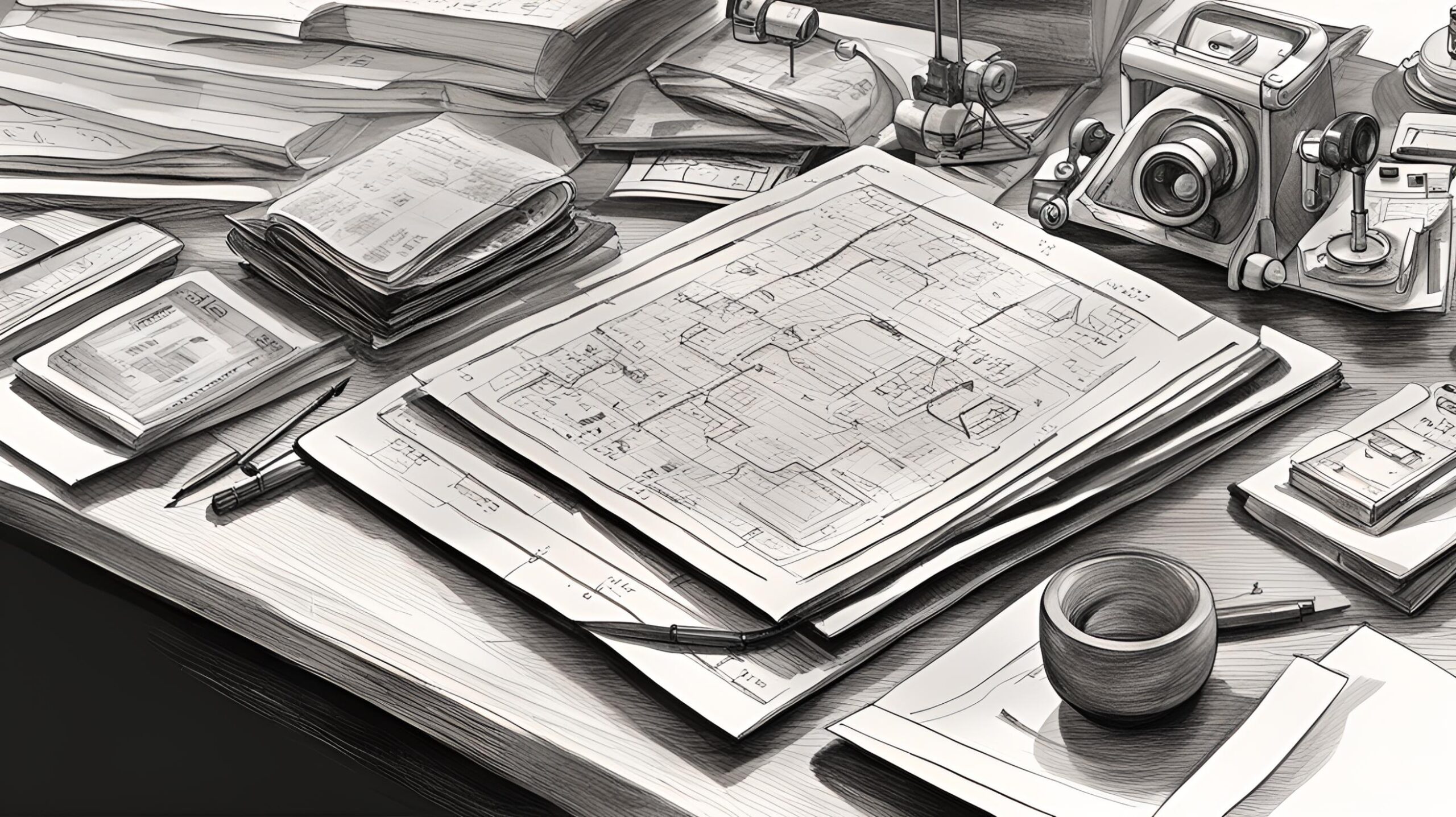Flashback to January 3
1966
Lord Gardiner issues the Practice Statement in the House of Lords stating that the House is not bound to follow its own previous precedent
Read moreOn July 26, 1966, an important event took place in the House of Lords that would eventually reshape the legal landscape in the United Kingdom. Lord Gardiner, the Lord Chancellor at the time, issued the Practice Statement, which boldly stated that the House of Lords was no longer bound to follow its own previous precedent. This move marked a significant departure from centuries of legal tradition and had far-reaching implications for the development of common law.
The doctrine of binding precedent, also known as stare decisis, had long been a fundamental principle of the British legal system. According to this doctrine, the decisions of higher courts were binding on lower courts, and the decisions of the House of Lords, as the highest court in the land, were binding on all courts, including itself. This approach fostered certainty, consistency, and predictability in the law but also limited the flexibility of the court to adapt to changing circumstances and evolving societal values.
Lord Gardiner recognized the need for a more flexible, adaptable legal system that could respond effectively to the complexities and challenges of the modern world. In his speech announcing the Practice Statement, he emphasized the importance of the court being able to develop the law in a manner that best serves the interests of justice and society as a whole. He argued that the doctrine of binding precedent should not be a straitjacket, but rather a principle that could be departed from in exceptional cases.
With the issuance of the Practice Statement, the House of Lords gained the discretion to depart from its own previous decisions when it considered it appropriate to do so. This marked a significant departure from the traditional concept of binding precedent and paved the way for a more flexible and dynamic legal system. From this point onwards, the courts were no longer constrained by rigid adherence to precedent and had the ability to adapt the law to better reflect the changing needs and values of society.
The Practice Statement generated much debate and controversy at the time. Critics argued that it would lead to uncertainty and inconsistency in the law, as judges would have more freedom to depart from established precedents. They feared that it would undermine the stability of the legal system and erode public confidence in the judiciary. However, proponents of the Practice Statement argued that it would enable the law to evolve and keep pace with societal developments, ensuring that justice is served in an ever-changing world.
Over the years, the impact of the Practice Statement has become increasingly apparent. As the House of Lords (now the UK Supreme Court) gradually exercised its newfound discretion to depart from precedent, it allowed for the development of a more flexible and responsive legal system. This flexibility has been particularly evident in cases involving significant legal or societal developments, where the courts have been able to depart from outdated precedents to achieve a fairer outcome.
The Practice Statement also played a crucial role in harmonizing UK law with European Union law. It allowed the UK courts to depart from previous House of Lords decisions that conflicted with EU law, ensuring the supremacy of EU law within the UK legal framework. This had profound implications for the UK legal system during its membership in the EU, as it required UK courts to give effect to EU law, even if it meant departing from their own previous rulings.
the Practice Statement issued by Lord Gardiner on July 26, 1966, was a pivotal moment in the history of the UK legal system. It marked a break from centuries-old tradition and paved the way for a more flexible and adaptive legal system. While it generated initial controversy, the Practice Statement has proven to be a crucial tool in allowing the law to evolve and respond to changing societal needs. Its impact on the development of the law and the administration of justice cannot be understated, and it continues to shape the UK legal system to this day.
We strive for accuracy. If you see something that doesn't look right, click here to contact us!
Sponsored Content

First patent list issued…
On January 3, 1872,…

Israel launches a ground…
In a significant development,…
Saint Anterus ends his…
On January 3, 236,…
Duke Alberik II of…
On January 3, 936,…
Peder Palladus Danish church…
On January 3, 1560,…
Tax revolt in Haarlem…
Discover the historic tax…

